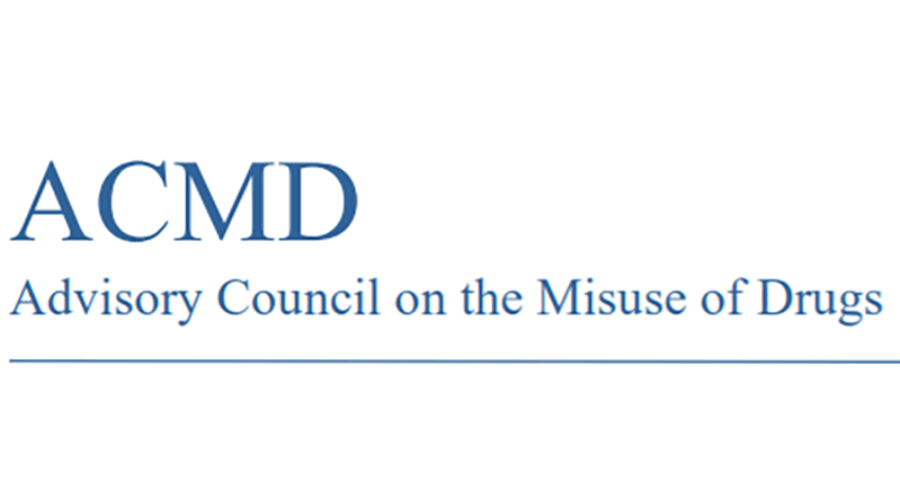CIC Responds to ACMD Call for Evidence on Medical Cannabis Access
The Cannabis Industry Council has submitted a detailed response to the Advisory Council on the Misuse of Drugs’ call for evidence on cannabis-based products for medicinal use (CBPMs). Our submission reflects the expertise and experiences of our diverse membership across the UK medical cannabis sector.
Our Position
The CIC’s submission addresses the fundamental disconnect between the 2018 rescheduling of CBPMs and the reality faced by patients today. Whilst the legal framework exists for medical cannabis prescribing, systemic barriers continue to prevent meaningful NHS access.
Our response focused on several critical areas:
NHS Access Barriers
We highlighted that between 2018 and 2022, fewer than five NHS prescriptions for unlicensed CBPMs were issued by the NHS, compared to nearly 90,000 supplied privately. This striking disparity underscores systemic failures including:
- Restrictive prescribing regulations limiting initiation to specialists only
- Absence of clear NHS care pathways and integration systems
- Insufficient recognition of real-world evidence alongside traditional RCT data
- Limited medical education on the endocannabinoid system and CBPM pharmacology
- Financial and commissioning constraints that discourage prescribing
Solutions for Improved Access
The CIC advocated for coordinated action including:
- Expanding prescribing authority to appropriately trained GPs and non-medical prescribers
- Developing clear care pathways with defined referral criteria and monitoring protocols
- Strengthening professional education through updated, mandated training programmes
- Operationalising alternative evidence frameworks that appropriately weight real-world evidence
- Reforming commissioning structures to recognise the longer-term cost-effectiveness of CBPMs
- Establishing clear accountability and timelines for implementation
Patient Experience
Our submission emphasised the profound challenges patients face, including:
- Financial burden forcing impossible choices between essential medication and financial security
- Weak integration between private prescribing and NHS care
- Supply chain disruptions due to inefficient import licensing processes
- Legal and regulatory ambiguity around possession, driving, housing, and employment rights
- Geographic inequity in specialist availability
Research and Evidence
We highlighted barriers to CBPM research including complex licensing procedures, limited public funding, and the inappropriate application of RCT-only frameworks to complex botanical medicines. The CIC called for explicit recognition of pragmatic trial designs, real-world evidence, and patient-reported outcomes as valid forms of evidence.
Regulatory Reform
Our submission urged the ACMD to produce implementation-ready recommendations including:
- Amendment of regulations to allow GP prescribing
- Formal integration of real-world evidence into regulatory decision-making
- Urgent publication of a comprehensive national registry
- Reform of funding mechanisms to remove cost barriers
- Strong regulatory clarification around patient civil rights
- Enhanced professional education at all levels
Moving from Analysis to Action
The CIC emphasised that six years after NHS England’s comprehensive 2019 review, most recommendations remain unfulfilled. We urged the ACMD to establish clear implementation timelines, designated responsible bodies, and regular progress reporting to prevent further delays.
Our submission concluded by reaffirming the CIC’s commitment to working with the ACMD, MHRA, CQC, NICE, and other stakeholders to ensure that CBPM policy better aligns with patient need, existing evidence, and international best practice.
Access the Full Submission
CIC members can request a copy of our complete submission to the ACMD by emailing enquiries@cicouncil.org.uk. The full document provides detailed analysis, supporting evidence, and specific recommendations across all areas of the consultation.



